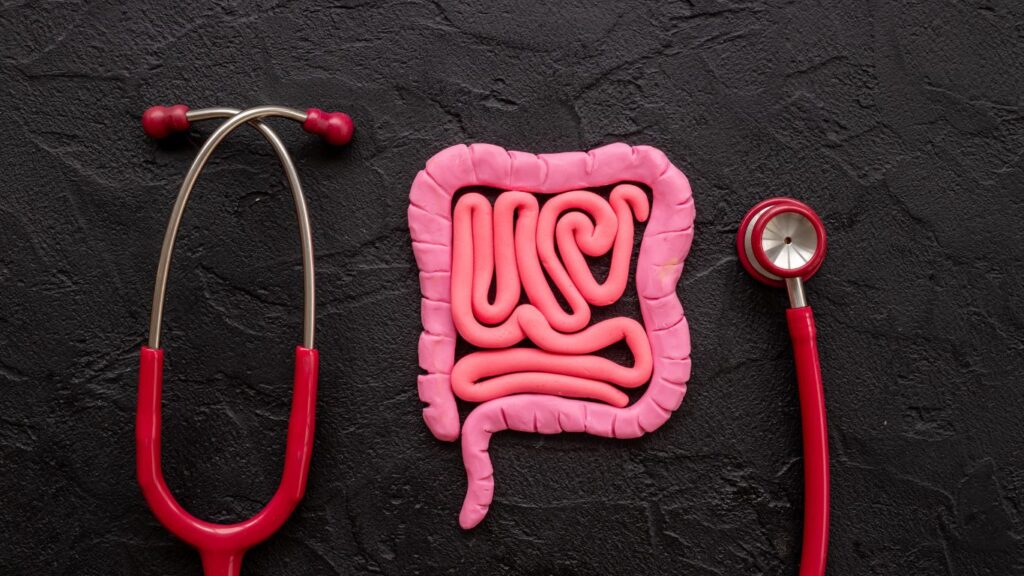Raisins, the small dried grapes that pack a punch of flavor, have been a popular snack for centuries. They are known not only for their sweet taste but also for their impressive nutritional profile. One of the lesser-known benefits of raisins is their positive impact on digestion and gut health. Packed with fiber, natural sugars, and essential nutrients, raisins can play a vital role in maintaining and improving your digestive system. In this blog, we’ll dive into how raisins contribute to better digestion, promote gut health, and how you can incorporate them into your diet for optimal benefits.
How Raisins Can Help Improve Digestion and Gut Health
The Nutritional Profile of Raisins
Before exploring their digestive benefits, let’s take a quick look at the nutritional content of raisins. A small handful (about 1 ounce) of raisins contains:
- Calories: 85-100
- Dietary Fiber: 1-2 grams
- Natural Sugars: 18-22 grams
- Iron: 1 milligram (about 5% of daily requirement)
- Potassium: 300 milligrams (about 8% of daily requirement)
- Calcium, Vitamin C, and B Vitamins in smaller amounts
Raisins are also rich in antioxidants, particularly polyphenols, which play a role in maintaining gut health and reducing inflammation.
How Raisins Aid Digestion
Raisins are a fantastic addition to your diet if you’re looking to support your digestive system. Here’s how they work:

1. High Fiber Content
One of the primary ways raisins improve digestion is through their high fiber content. Dietary fiber is essential for regular bowel movements and preventing constipation. Raisins contain both soluble and insoluble fiber, each offering unique benefits:
- Soluble fiber absorbs water, forming a gel-like substance in your digestive tract. This slows down digestion, helping you feel fuller longer and aiding in nutrient absorption.
- Insoluble fiber adds bulk to the stool, promoting its movement through the intestines. This helps prevent constipation and keeps your digestive system working efficiently.
Eating raisins regularly ensures that your body gets the fiber it needs to maintain proper digestion, keeping things running smoothly and preventing common issues like bloating or irregularity.
2. Natural Laxative Effect
Raisins can act as a natural laxative due to their high fiber content. If you’re struggling with constipation, eating a handful of raisins daily can help regulate your bowel movements. The fiber in raisins absorbs water, softening the stool and making it easier to pass. This natural process can provide relief without the need for over-the-counter laxatives, which can sometimes lead to dependence.
3. Promoting a Healthy Gut Microbiome
Raisins are packed with polyphenols, which are plant compounds that have antioxidant properties. These polyphenols serve as prebiotics, promoting the growth of beneficial bacteria in the gut. A healthy gut microbiome is crucial for digestion, nutrient absorption, and overall well-being.
By acting as food for the good bacteria in your gut, raisins help maintain a balanced microbiome, which can improve digestion, reduce inflammation, and even support your immune system. A thriving microbiome can also help prevent digestive issues such as irritable bowel syndrome (IBS) and other gut-related conditions.
4. Alkaline Nature of Raisins
Raisins are naturally alkaline, which can help balance the pH levels in your stomach. Acidic diets can sometimes lead to digestive discomfort, acid reflux, or heartburn. By incorporating alkaline foods like raisins into your diet, you can help neutralize stomach acids and promote a more comfortable digestive experience. This is especially helpful for those who experience frequent indigestion or acid-related stomach issues.
5. Improved Bile Production
Raisins can also stimulate the production of bile, a digestive fluid that helps break down fats and absorb fat-soluble vitamins (A, D, E, K) in the small intestine. An increase in bile production aids in digestion, especially when consuming fatty foods. This can prevent bloating, discomfort, or slow digestion that often accompanies meals rich in fats.
How to Incorporate Raisins into Your Diet for Better Digestion
Raisins are versatile and easy to add to your daily diet. Here are some simple ways to enjoy the digestive benefits of raisins:

- Snacking: A handful of raisins makes a great standalone snack between meals. They provide a quick energy boost along with digestive support.
- Oatmeal or Cereal: Sprinkle raisins over your morning oatmeal or cereal for added sweetness and fiber.
- Salads: Add raisins to your salads for a burst of sweetness and a chewy texture that pairs well with fresh greens and nuts.
- Smoothies: Blend raisins into your smoothies for natural sweetness and an extra fiber boost.
- Baking: Incorporate raisins into homemade bread, muffins, or cookies for a healthier treat that supports digestion.
Final Thoughts
Raisins are much more than a simple snack—they are a powerhouse of digestive benefits. With their high fiber content, natural laxative effects, ability to support a healthy gut microbiome, and alkaline nature, raisins can significantly improve your digestive health. Whether you’re looking to prevent constipation, enhance your gut microbiome, or maintain regularity, adding raisins to your diet can be a simple and effective solution.
Also read: The Role of Raisins in Weight Management: Myths vs. Facts
